The refrigerator is a necessity and a constant in most homes. Although it keeps our food safe to consume and fresh, it can also significantly increase our energy usage. According to estimates from the U.S. Department of Energy, running a refrigerator costs the typical household roughly $100 per year in electricity. However, there are solutions to increase its energy efficiency, which will save you money on your energy costs and lower your carbon impact. In this article, we will explore seven steps that you can take to make your appliance more efficient and cost-effective.
Clean the Coils
Your refrigerator’s coils remove heat from its interior through convection. They might become blocked with dust and debris over time, which would reduce their efficiency. You need to clean the coils at least twice a year to keep your refrigerator operating well. To accomplish this, unplug your refrigerator first, and then carefully clean the coils with a coil brush or a vacuum cleaner’s soft brush attachment.
Check the Door Seals
Air leaks are a typical reason for energy loss in refrigerators. The door seals may not be sealed well enough to prevent cold air from escaping, which would require the compressor to work harder to maintain the required temperature. Placing a piece of paper between the door and the refrigerator and attempting to take it out can show you whether your door seals are in good condition. The door seals on your doors need to be replaced if the paper comes out easily. You can buy replacement seals from your fridge manufacturer or a hardware store.
Don’t Overfill Your Fridge
Since overfilling your refrigerator inhibits ventilation and makes it more difficult for cold air to move, it can lose efficiency. Make sure there is enough space between items when you keep food in your refrigerator so that air may flow freely. Additionally, avoid putting hot food in it because doing so can raise the temperature and put more strain on the compressor.
Set the Temperature Correctly
Your refrigerator should be set between 37 and 40 degrees Fahrenheit, and your freezer should be between 0 and 5 degrees. You could waste electricity and spend more money if the temperature is set too low. Check the temperature inside your refrigerator with a thermometer, then adjust the settings as necessary.
Keep the Fridge Full
The effectiveness of your fridge can be increased by keeping it moderately stocked, but you shouldn’t overfill it. More food in the refrigerator helps to keep the temperature steady. However, avoid purchasing more food than you require since this can result in financial loss and food waste.
Defrost Your Freezer Regularly
It’s crucial to routinely defrost your manual defrost freezer. Your energy costs may go up if ice accumulates inside the freezer because it makes the compressor perform less effectively. Defrosting your freezer aids in getting rid of any bacteria and odors that might have accumulated.
Use Energy-Saving Features
Energy-saving features like automatic defrost and programmable temperature adjustments are common in contemporary refrigerators. Utilize these features to lower your energy expenses. Additionally, if you’re buying a new fridge, look for one that has an Energy Star rating, which means it has been certified as energy-efficient by the U.S. Environmental Protection Agency.
Conclusion
Optimizing the efficiency of your refrigerator is not only a smart financial decision but also an environmentally responsible choice. By following the seven suggestions in this article, you may increase its effectiveness, lower your energy costs, and help the environment. Keep in mind to clean the coils, inspect the door seals, avoid overfilling, adjust the thermostat properly, maintain a moderate level of fridge contents, defrost the freezer frequently, and make use of energy-saving features. Not only will you increase the lifespan of your appliance in this way, but you’ll also benefit the environment by lowering your carbon footprint and preserving energy for future generations. So, take action right away to begin experiencing the rewards of an efficient refrigerator!




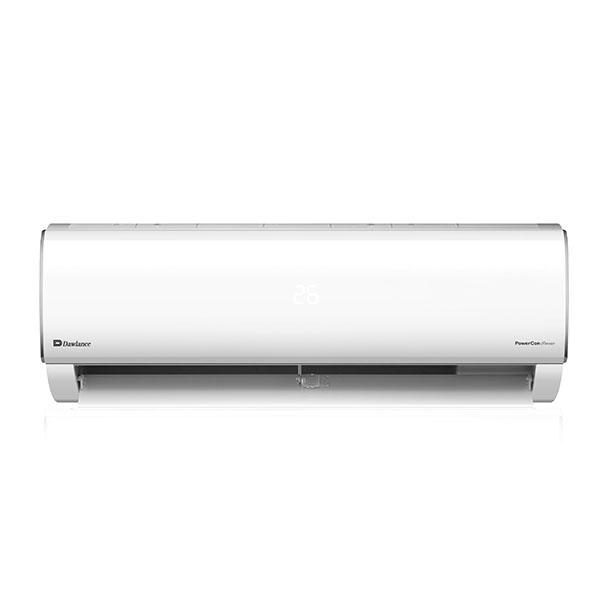

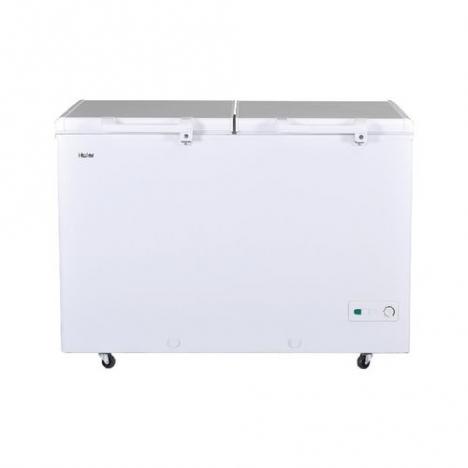

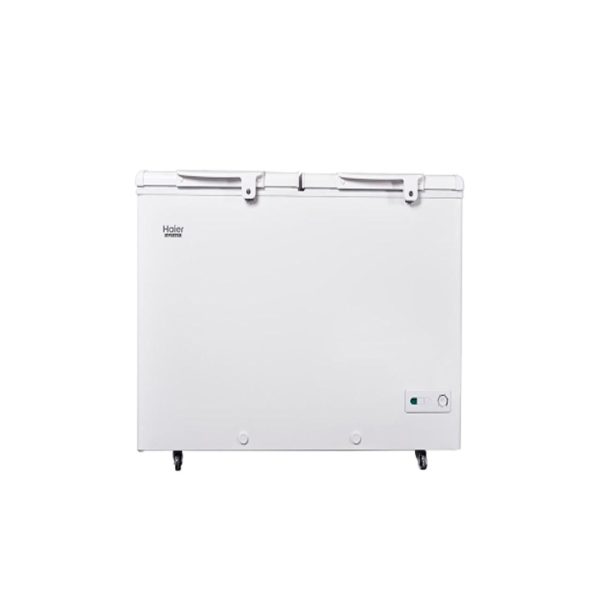

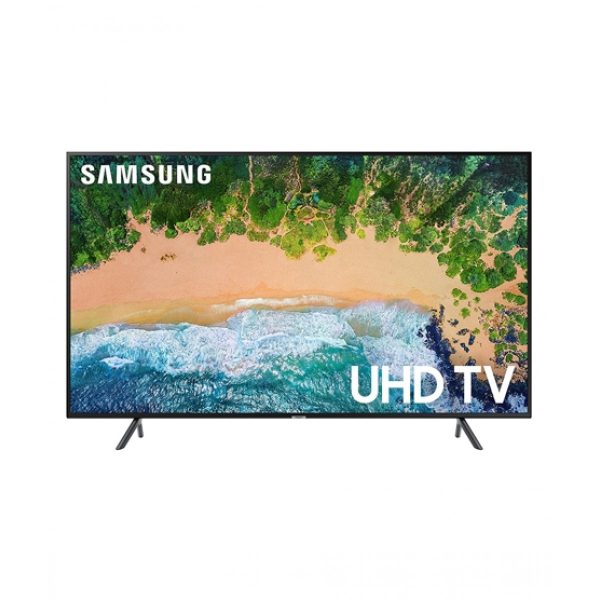


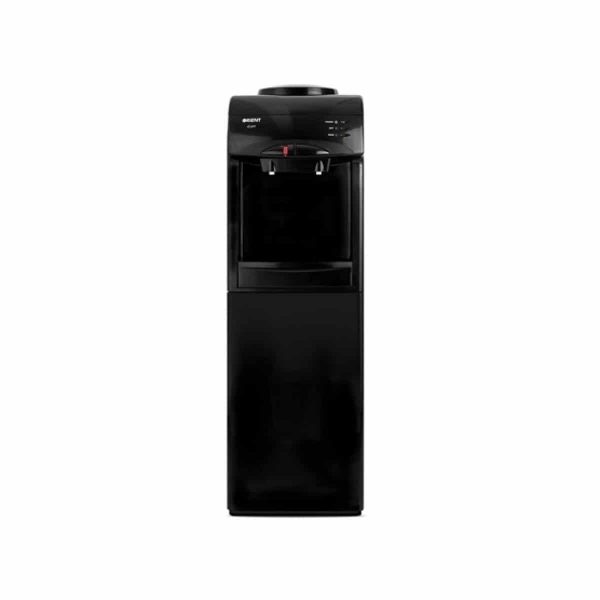
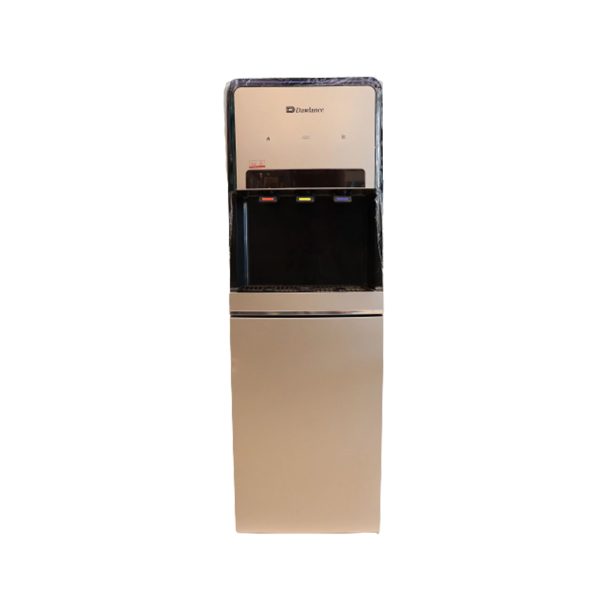


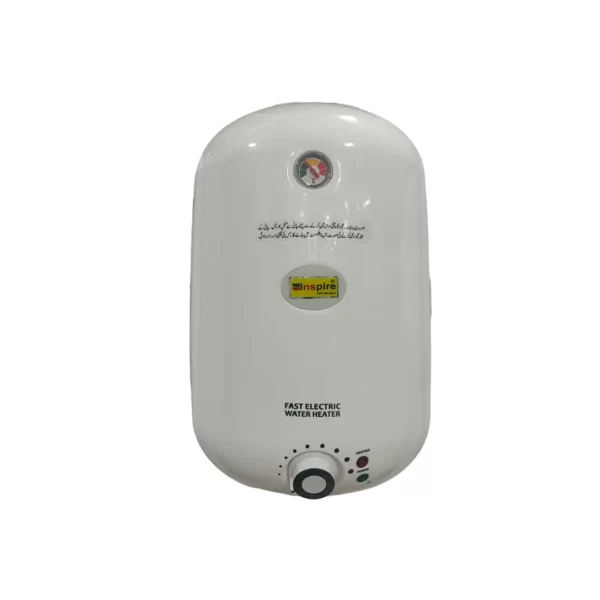
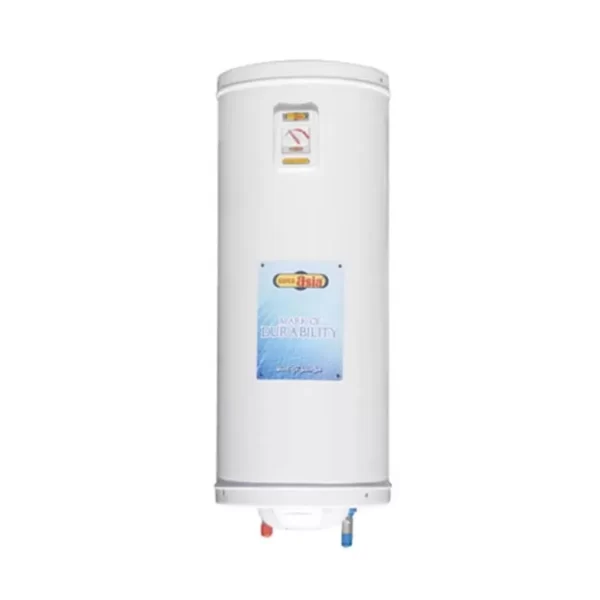
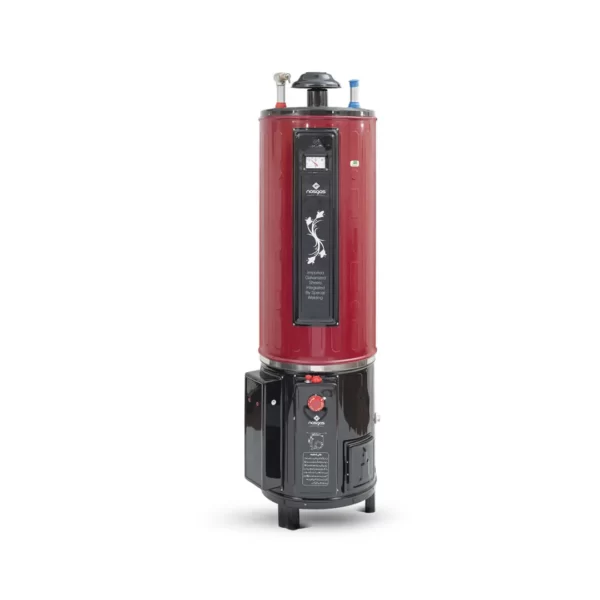

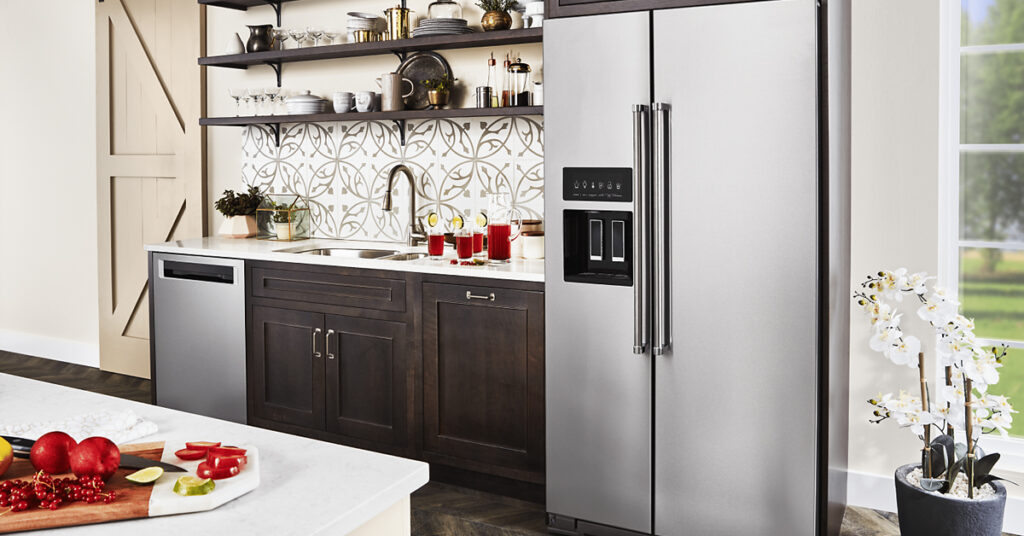
 Dryers
Dryers Ironing / Garment Care
Ironing / Garment Care